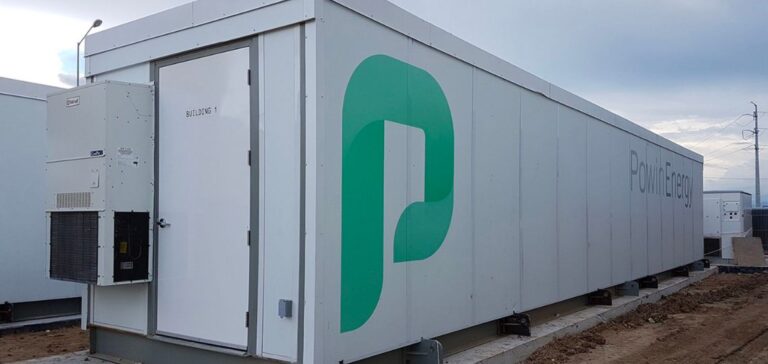Powin and Akaysha join forces to provide 1.7 GWh of battery storage capacity over a two-year period. Energy conservation system developers have moved into a strategic area of energy security.
As the Australian government moves towards the decommissioning of fossil fuels, the optimization of storage solutions is paramount.
Powin’s foray into the Australian market
With this contract, Powin is making a strategic foray into the Australian energy market. The country is accelerating its energy transition by investing in renewable energy and grid reliability.
Geoff Brown, CEO of Powin, comments:
“This partnership is a key step in our policy of global expansion and investment in new regions. Powin has spent the last decade developing its expertise to deliver the benefits of a clean and reliable power grid around the world.”
Akaysha and Powin worked together for several months to meet the generator performance standards required by the Australian grid operator.
A competitive service offer for battery storage
The partnership with Powin is based on the performance of the Stack range and the StackOS power controller. Akaysha CEO Nick Carter acknowledged the importance of the Oregon firm in the joint venture:
“Their vertical integration model and flexible business model reduce our project costs and risks. Powin guarantees access to multiple reliable battery cell suppliers, proprietary software and an integrated power controller.”
With 3 GWh of storage capacity, Akaysha continues to grow following its acquisition by a fund controlled by Black Rock Real Assets. It recently announced plans to invest more than $700 million to support the development of Akaysha’s battery storage assets.
The Australian government’s Net Zero goal
The cooperation between Powin and Akaysha is part of the beginning of Australia’s energy transition. Powin’s General Manager, Geoff Brown, confirms the importance of this issue:
“We are excited to partner with Akaysha on this project. This company has unique expertise in the Australian energy market. The jobs and infrastructure development they have under their belt is critical to achieving the Australian government’s Net Zero goal.”






















